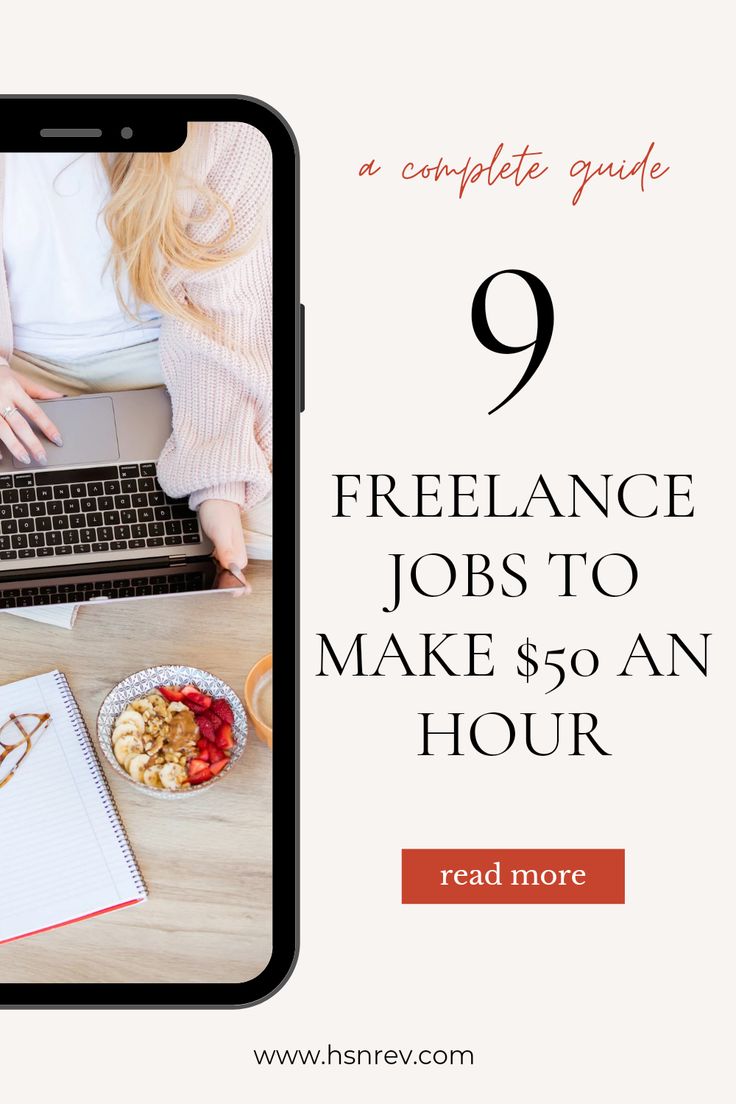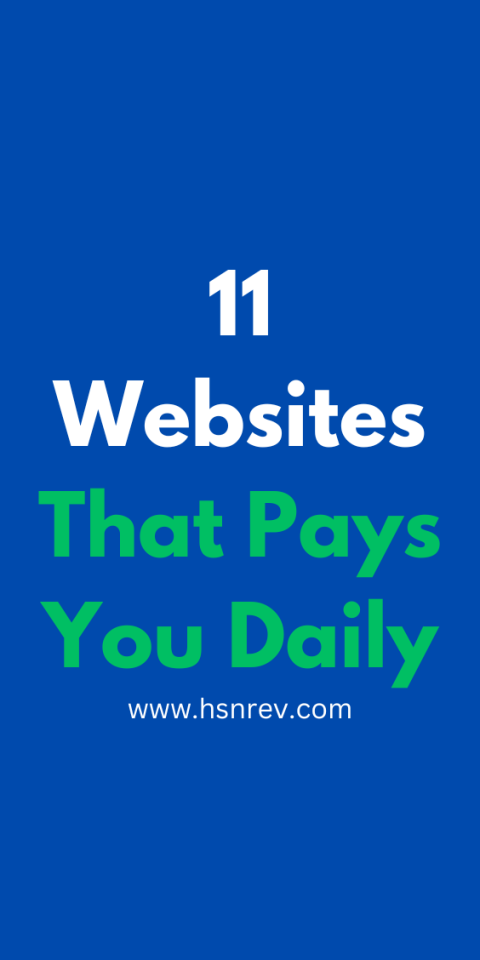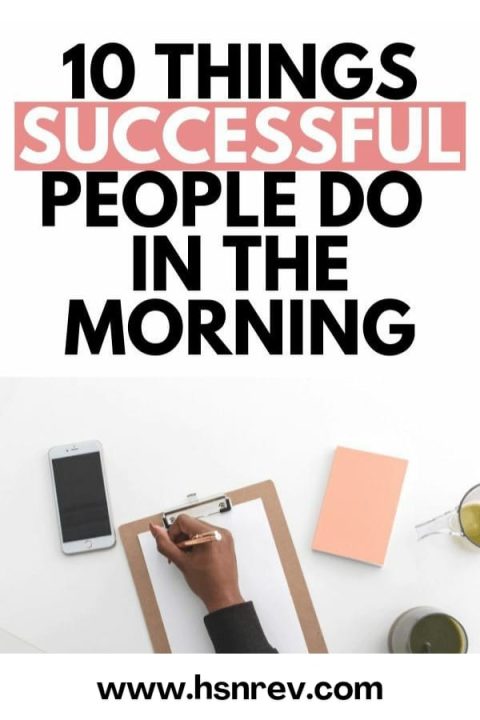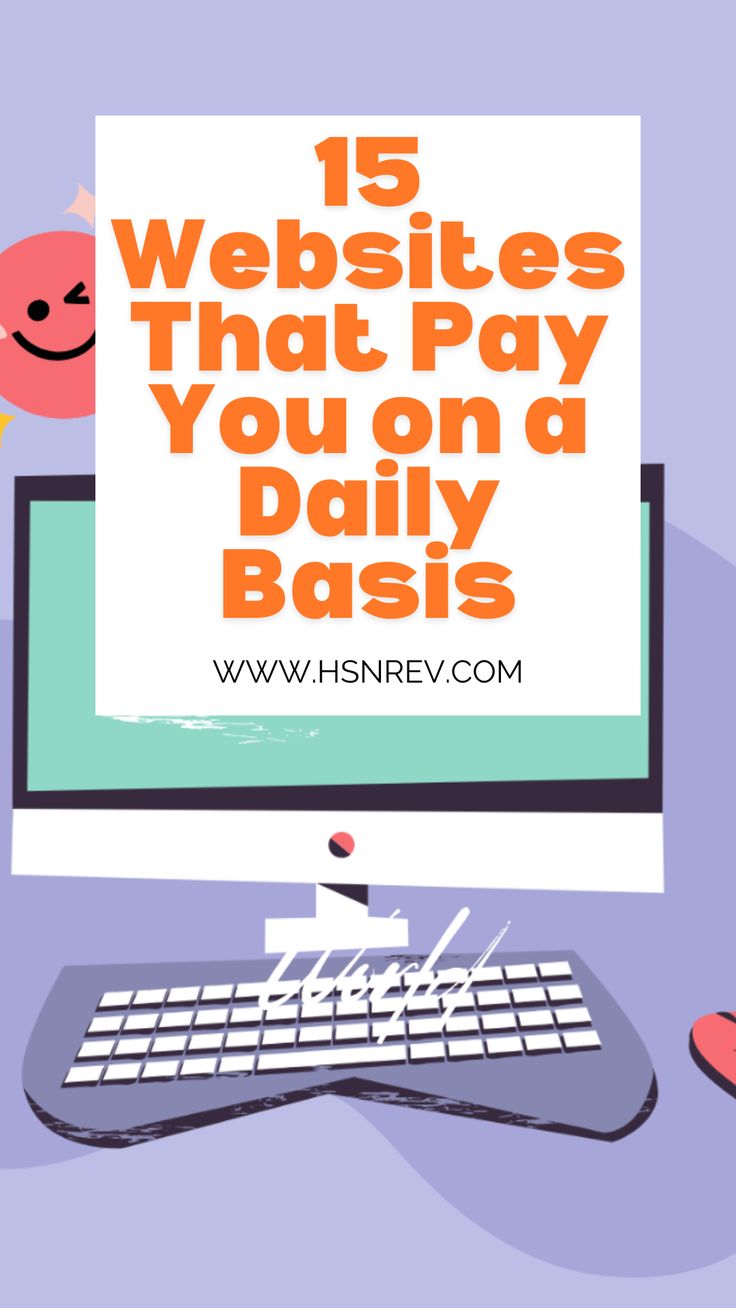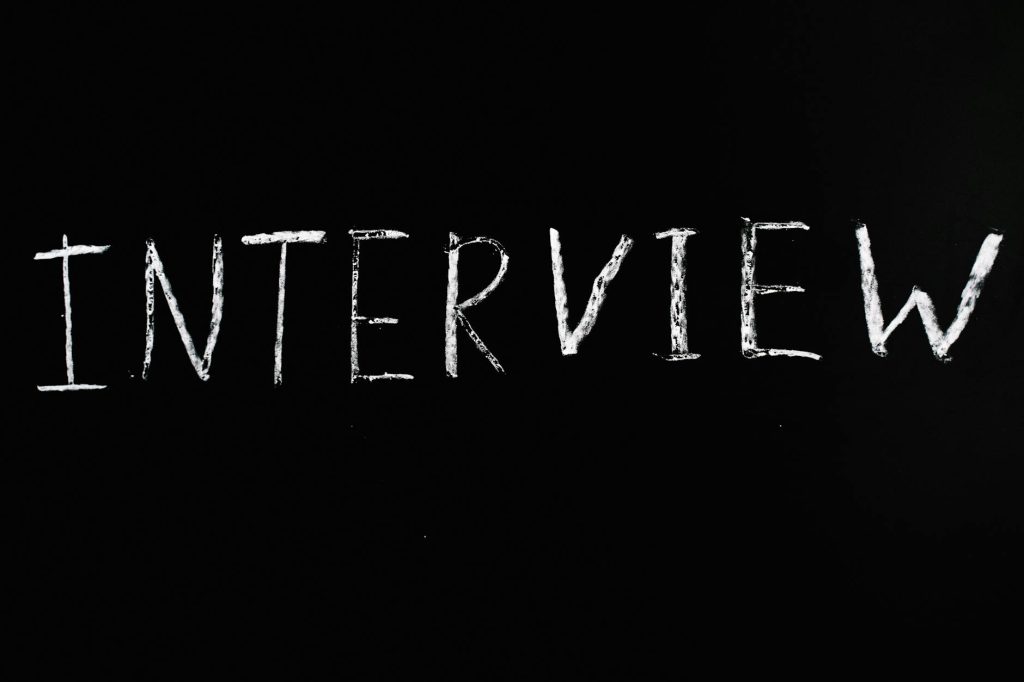
9 Job Interview Techniques and Hacks That Can Help You Get Hired: A Definitive Guide
Purpose of the Article
Job interviews are critical milestones in your career journey, where every move counts. This article aims to provide you with the most effective techniques and hacks that can significantly boost your chances of landing your dream job. The purpose is to equip you with insights, strategies, and real-world advice so you can walk into any interview room feeling confident, prepared, and capable of making a lasting impression on employers.
1. Research the Company Thoroughly
The foundation of a successful interview lies in how well you understand the company you’re applying to. Beyond just skimming through their website, dig deeper into their values, mission, and recent developments. Know their products or services and, most importantly, understand their market and competitors. This level of preparation will not only help you tailor your responses to fit their needs but also demonstrate genuine interest in the company.
2. Master the STAR Method
When it comes to answering behavioral questions, the STAR method is your best friend. STAR stands for Situation, Task, Action, and Result. It helps structure your answers in a way that showcases your problem-solving skills and achievements. For instance, when asked about a time you overcame a challenge, describe the Situation, explain your Task, detail the Actions you took, and finally, present the positive Results. This method keeps your answers concise and impactful.
3. Dress for the Job You Want, Not the Job You Have
First impressions matter, and what you wear can set the tone for the entire interview. Choose attire that aligns with the company’s culture. If it’s a formal environment, stick to business wear; if the company leans more casual, opt for smart-casual. Your appearance should reflect professionalism while showing that you understand the company’s environment.
4. Prepare to Ask Thoughtful Questions
At the end of most interviews, the interviewer will ask if you have any questions. This is your chance to shine! Come prepared with thoughtful, open-ended questions that show you’re seriously considering the role. Ask about the company’s future goals, team dynamics, or how success is measured in the role. Avoid asking about salary or benefits at this stage unless prompted.
5. Practice Mindful Body Language
Communication isn’t just verbal—your body language speaks volumes. During the interview, maintain eye contact, sit up straight, and avoid crossing your arms, which can seem defensive. Use hand gestures naturally and lean slightly forward to show engagement. A firm handshake at the beginning and end of the interview also leaves a positive impression. Remember, confidence comes from how you carry yourself, not just what you say.
6. Tailor Your Responses to Highlight Job-Specific Skills
Every job has unique requirements, and it’s crucial to tailor your answers to highlight the skills and experience relevant to the position. Before the interview, study the job description and identify the top skills they’re looking for. Then, weave these into your responses, ensuring that you align your experience and abilities with the company’s specific needs. This shows the interviewer that you’re not only qualified but that you’ve thought deeply about how you fit into the role.
7. Show Enthusiasm and Authenticity
Employers aren’t just looking for someone who can do the job; they want someone who will fit into their team and culture. Show genuine enthusiasm for the role and the company. Be authentic in your responses and share what excites you about the opportunity. Interviewers are quick to notice when someone is just going through the motions, so let your passion and personality shine through.
8. Follow Up with a Professional Thank-You Email
The interview doesn’t end when you leave the room. One often overlooked but powerful technique is to send a personalized thank-you email within 24 hours of the interview. Thank the interviewer for their time, reiterate your enthusiasm for the position, and briefly mention something memorable from your conversation. This simple gesture not only shows professionalism but also keeps you top-of-mind as they make their decision.
9. Practice, Practice, Practice
The more interviews you do, the better you get. Practice common interview questions with a friend or in front of a mirror. Record yourself to review your tone, pace, and body language. The goal is not to memorize responses but to feel comfortable with the flow of the conversation. With practice, you’ll develop confidence, and this will reflect in your performance during the actual interview.
Final Thoughts
Job interviews can be nerve-wracking, but with the right preparation, mindset, and techniques, you can walk in with confidence and leave a lasting impression. Each of these nine hacks offers a unique way to present your best self and stand out from the competition. Remember, an interview is not just about getting the job—it’s about finding the right fit for both you and the employer. Approach it as a conversation, a chance to showcase your skills, and an opportunity to learn about your potential future workplace.
Frequently Asked Questions (FAQ)
1. How do I research a company before an interview?
Look beyond the company’s website. Read their latest news, check out their social media pages, and explore customer reviews. Learn about their industry, competitors, and current projects.
2. What should I wear to an interview?
Dress according to the company’s culture. For formal workplaces, go with business attire. For casual environments, smart-casual is usually a safe choice.
3. How do I answer behavioral questions during the interview?
Use the STAR method (Situation, Task, Action, Result) to structure your answers. This technique keeps your response organized and focused on showcasing your problem-solving skills.
4. Why is body language important in an interview?
Body language communicates confidence and engagement. Maintain good posture, eye contact, and a firm handshake to make a strong impression.
5. What type of questions should I ask during the interview?
Ask questions about the company’s culture, future goals, and team dynamics. Avoid asking about salary and benefits unless prompted by the interviewer.
6. How can I show enthusiasm during an interview?
Show genuine excitement for the role by discussing what excites you about the job and how it aligns with your skills and career goals.
7. Why is it important to send a thank-you email after the interview?
Sending a thank-you email demonstrates professionalism and keeps you top-of-mind with the interviewer. It’s also an opportunity to reiterate your interest in the role.
8. How can I tailor my responses to a specific job?
Carefully review the job description, identify the key skills and qualifications, and weave those into your answers, showing how your experience aligns with the role’s requirements.
9. How often should I practice for interviews?
Practice as often as possible. Regularly rehearse common interview questions and record yourself to improve your tone, pace, and body language.
Disclaimer
The information in this article is intended for general guidance only. While we strive to provide accurate and up-to-date advice, every interview and job-seeking experience is unique. It is important to conduct your own research and adapt these techniques to your specific situation.
Discover more from hsnrev.com
Subscribe to get the latest posts sent to your email.

